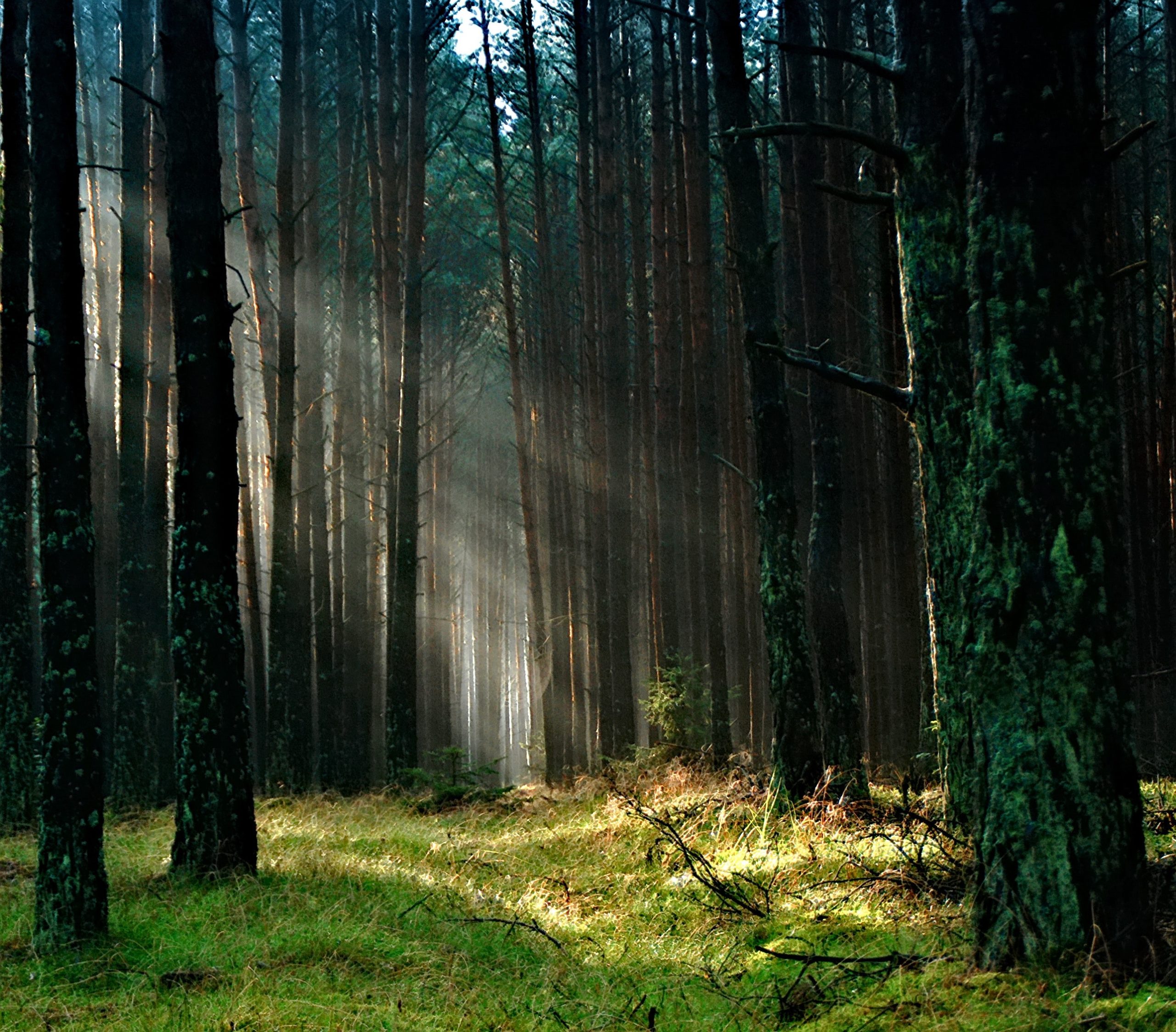
Among the bad things cannabis prohibition wrought was the environmental damage brought on by illicit growers who secretly set up shop in our big, beautiful national forests.
These growers weren’t striving for permaculture—no Clean Green organic certification in these operation. In fact, one of the not-so-secret shames of the cannabis industry is that illegal grows on national forest lands were tremendously destructive to the soil, water, and wildlife because of heavily concentrated fertilizers, pesticides, and generators that leak oil and gas.
There was also the danger of stumbling onto such a grow, which usually weren’t being tended to by tie-dye-clad hippies who believe in love.
A new study shows that the establishment of adult-use cannabis programs in Washington and Oregon has had an impact on the number of illegal grows on federal lands.
But the decline in the number differs in each state, for some interesting reasons that speak to how regulatory agencies should take a broader view of cannabis use as a way to better achieve their stated goals.
As Marijuana Moment reports, Central European University in Hungary (the safety school for Czechs everywhere) had researchers try to determine if regulated programs that provided access to cannabis had a positive impact on the environment.
They opted to look at grows on national forest lands in Washington and Oregon, two states that made Mom proud by making the dean’s list—if the dean were the office of National Drug Control Policy, and the list was the “Marijuana Seven,” AKA the top seven states where people illegally grow cannabis. (Sniff—so proud of all y’all.)
Washington legalized cannabis in 2014, and Oregon followed suit in 2015.
Per Marijuana Moment, “Officials discovered an average of 9.2 sites in Washington from 2004 to 2012, and 1.6 per year from 2013 to 2017 after legal cannabis was approved. In Oregon, the average number of sites discovered between 2004 to 2014 was 13 per year, and that dropped to 3.67 sites per year from 2015 to 2017.”
It gets interesting at this point—researchers don’t necessarily attribute the reduction in the grows to legalization in Washington, per se, but rather how the state has implemented its recreational cannabis program.
They deem these “state specific characteristics,” and they start with the cannabis tax rates paid by both states.
The tax rate charged by Oregon is 17 percent, while Washington’s is 37 percent.
Marijuana Moment makes a great point not covered by the study—that Oregon allows home cultivation, while Washington does not, which could be contributing factors as well.
The Forest Service has a different hot take on this, stating that they they believe the reduction of illegal grows is more about the other green—money.
“Many state and local cooperators are reducing or even eliminating the resources that typically assist the Forest Service with counter marijuana cultivation operations,” they told researchers. “These resources are now often committed to addressing regulatory concerns or crimes related to ‘legal’ growing activities on private lands.”
Researchers surmised that legalization did have an impact, writing, “The results of this study suggest that for areas impacted by illegal cultivation of cannabis on public and protected lands, legalization may assist in decreasing the proliferation of this activity, and thereby serve within a broader ecological conservation strategy. However, legalization policies must actively prioritize incentives and measures that discourage the continuation of illicit production for these beneficial effects to occur… Legalization of recreational cannabis is found to contribute to a decline in illegal marijuana cultivation in Oregonian national forests,” and that the policy change “has been instrumental in declining illegal marijuana production.”

